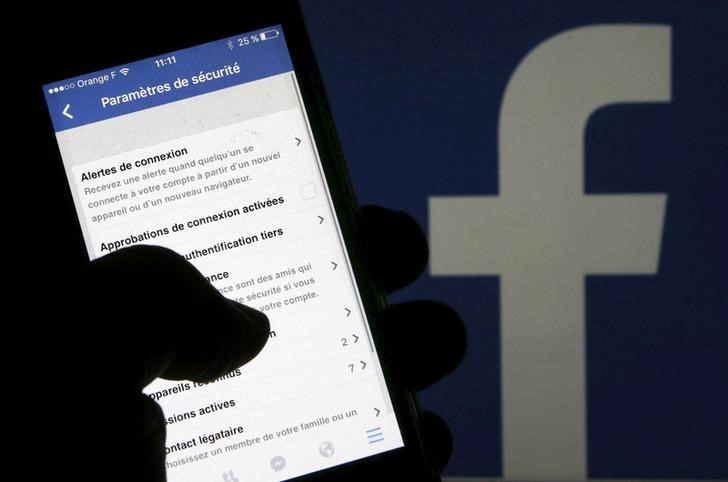By David Ljunggren
TORONTO, April 24 (Reuters) - The Group of Seven leading industrialized nations on Tuesday told leading tech and social media companies to ramp up efforts to combat the spread of extremism, a top Canadian official said.
G7 security ministers raised their concerns during a Toronto meeting with Facebook FB.O , Twitter Inc (NYSE:TWTR) TWTR.N , Alphabet Inc's GOOGL.O Google and Microsoft Corp MSFT.O , said Public Safety Minister Ralph Goodale.
The four companies are part of the Global Internet Forum to Counter Terrorism (GIFCT), set up last year under pressure from governments in Europe and the United States after a spate of deadly attacks.
"All through the conversation the message was ... some progress has been reported, we needed to see more," Goodale told a news conference.
Security officials say a spate of so-called lone wolf attacks around the world is in part caused by people becoming radicalized by what they see online.
"Removal of terrorist material needs to be faster ... We also want the companies to report in larger volume and in a regular way to the G7 governments," said Goodale, adding that the G7 was also keen for the companies to improve automated methods of deleting suspect material.
The GIFCT said last December that a database it had created to identify extremist content contained more than 40,000 videos or images. European Union last month said internet companies had three months to demonstrate they were removing extremist content more rapidly or they would face legislation forcing them to do so. suggested the G7 reserved the right to "take other action" unless the firms moved more quickly to "get rid of this vile material off the internet".
But a source directly familiar with the meeting said the United States, which dislikes the idea of clamping down on what are predominantly American firms, made clear it had no interest in the prospect of regulation.
The four companies said they were willing to do more while adding that governments did not appreciate how technologically challenging this could be, said the source, who requested anonymity because of the sensitivity of the situation.
Google and Facebook declined to comment, while the other two companies did not respond to requests for comment.
The G7 nations - the United States, Britain, Canada, Germany, France, Italy and Japan - also discussed cyber security and how to prevent attacks by militants returning to their home countries after fighting in places such as Syria and Afghanistan.
